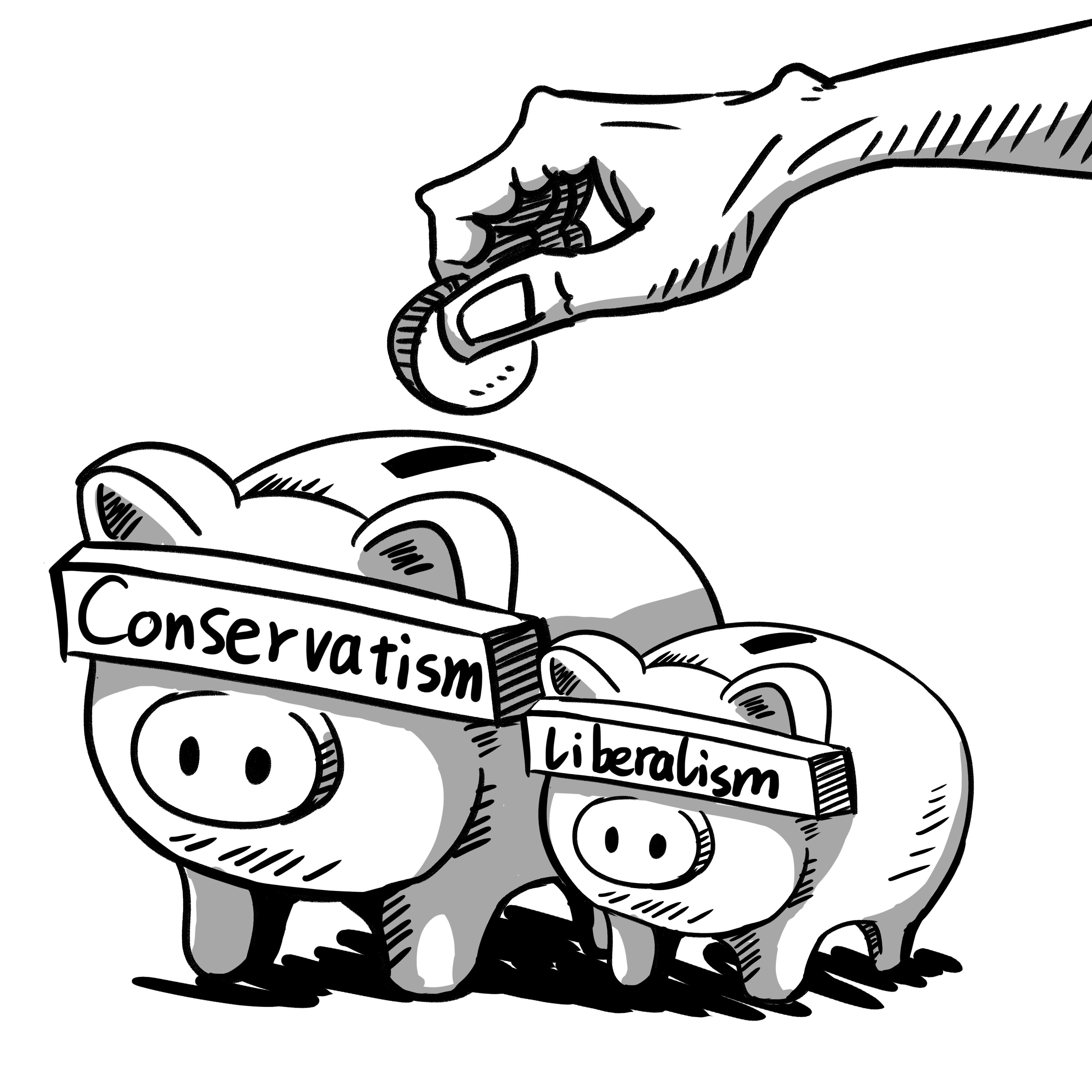POINT: Universities should prioritize diverse academic experience
The war for ideological control of our nation’s universities is underway, and in Arizona, conservatives have taken charge. This week, The New York Times’ Stephanie Saul explored the efforts of Arizona legislators to earmark millions of dollars in funding for pet projects, professors and courses aimed at advancing conservative ideas in Arizona’s public state universities — in the form of the new School of Civic and Economic Thought and Leadership at Arizona State University and the Department of Political Economy and Moral Science at the University of Arizona.
Lawmakers shouldn’t be telling universities what to teach, and they definitely shouldn’t be handpicking new (conservative) professors in an effort to “de-liberalize” the modern university campus. In doing so, these lawmakers are engaging in the kind of government overreach that they selectively abhor. Moreover, the rationale that some of these leaders use to justify the practice misunderstands the role of diverse coursework.
“There is too much revisionism being taught in universities today,” Arizona State Representative Jay Lawrence, a supporter of the new programs, told The New York Times. “It’s a big deal to those of us who feel very strongly about a more conservative education.”
University classes invoking diverse perspectives — the history of Native Americans in colonial and modern America, for example, or the history of the LGBTQ struggle in the Western world — are not revisionist; they are correcting for revisionist history taught in our nation’s public schools. They are correcting for the omittance of the narratives of Native American, or LGBTQ, or Asian American, or Latinx, or black people in so many students’ K-12 education. They are providing an important role in informing our young people and future leaders of the darker sides of American history, and of the pivotal historical struggles of marginalized groups who collectively form a majority of American society.
To replace these with more classes emphasizing the ideas of Aristotle or Aristophanes — philosophers highlighted in two courses backed by the Arizona legislature — is both redundant and amounts to serious erasure of diverse American experiences. The online course catalog shows that ASU will offer 11 Greek courses, 12 Latin courses and 77 philosophy courses, none of which indicate that they might be Eastern philosophy courses, in Fall 2018. Is the emergence of diverse coursework really so threatening that we need even more of the nearly 100 classes already offered on Western thought?
Some might argue that new classes studying the ideas of Western philosophers do not replace those that explore diverse histories, ideas and experiences. But since 2008, the Arizona Legislature has slashed general fund revenue for Arizona universities by $390 million, resulting in a $1,200 reduction in funding per student when adjusted for inflation. So, in the face of steep budget cuts, ASU might very well be facing choices about whether to cut or reduce smaller, more diverse departments and majors like Latin American Studies, American Indian Studies and Asian Pacific American Studies. Moreover, if not to support those departments, the millions of dollars that have been invested in these new schools could be much better utilized to provide essential support and resources for students.
The Arizona Legislature’s desire to refocus universities’ academic emphasis on European, male-dominated schools of thought is a direct, aggressive response to the diversification of academia and to the popular perceptions of universities as liberal bastions. But universities are not places of ideological indoctrination, and if expanding academia to include more diverse perspectives makes Western thought less dominant, then so be it. If conservatives really want the ideas of ancient male European thinkers to stand the test of time, then those ideas should compete on equal footing with those of the modern, diverse thinkers — like W.E.B. Du Bois and Angela Davis — that are introduced in classes exploring the literature and history of marginalized people. Universities don’t need to expand the coursework and departments that are already institutionally robust; instead, they should be making more room for the perspectives that have been historically ignored.
We can’t pretend earmarked funding for specialized schools focused on conservative ideas is anything other than an attempt to overwrite efforts for diversification. It is not making room for debate; debate is open, vigorous and free at public universities — especially today, when media attention around controversial speakers has placed universities under a microscope. This latest effort is simply a manifestation of anger at the changing ideological fabric of the young people of America.
This is the pain of change. In the year following the Supreme Court ruling in favor of marriage equality, the National Coalition of Anti-Violence Programs found a 17 percent increase in hate killings toward LGBTQ people. The election of President Donald Trump, who called some neo-Nazis “very fine people,” followed that of former President Barack Obama, the first black president of the United States. And the diversification of the university is followed by efforts to revert it to a more conservative institution.
There’s a lot of work to be done. Advocates need to keep challenging the status quo and holding lawmakers accountable; and the rest of us need to support them, too.
Sonali Seth is a senior majoring in policy, planning and development. “Point/Counterpoint” runs Wednesdays.


